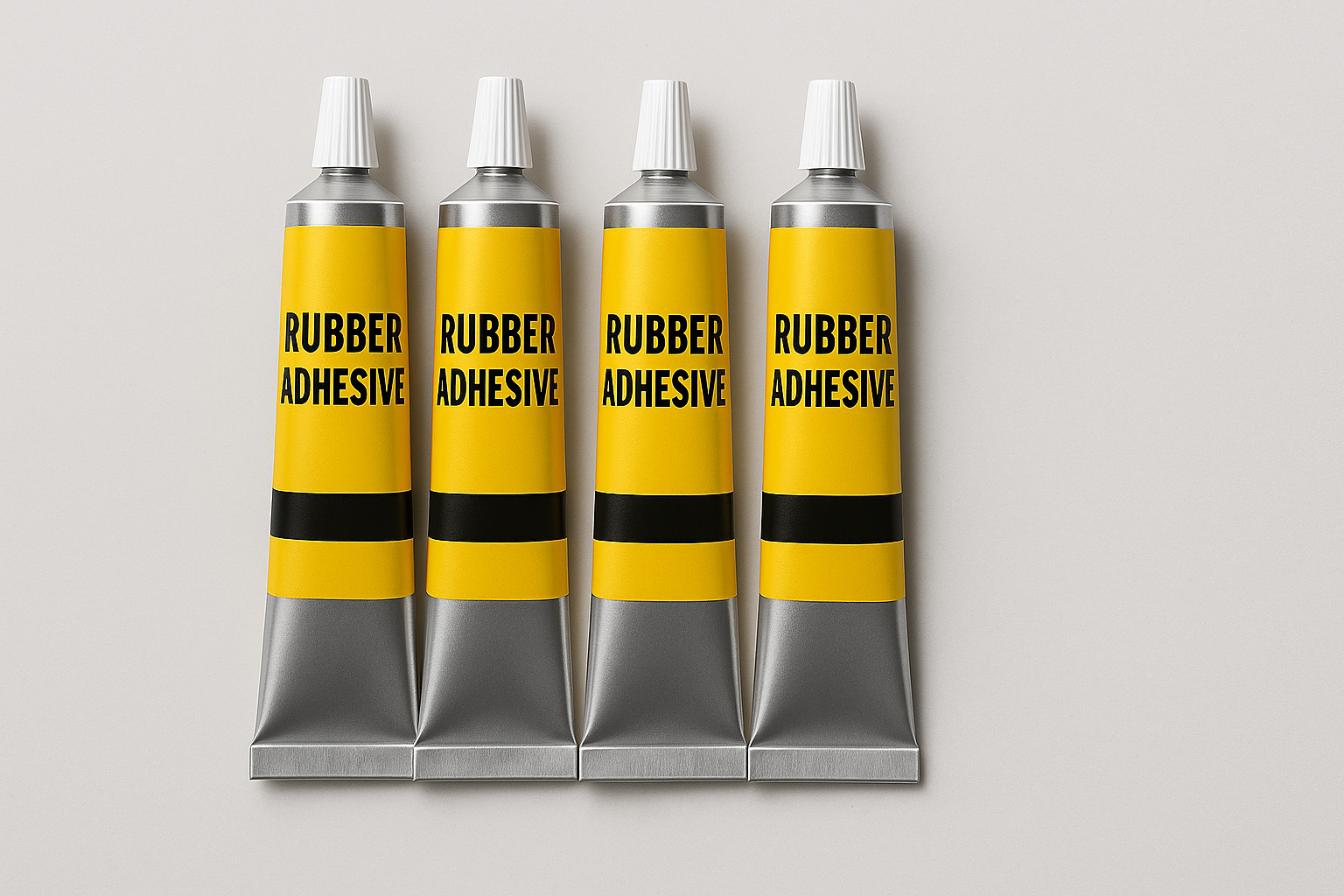Rubber adhesives are an essential component in various industries, offering flexibility, durability, and strong bonding capabilities. This article delves into the world of rubber adhesives, exploring their features, applications, and why they are particularly favored in the footwear manufacturing sector.
Rubber adhesives are a type of adhesive made from natural or synthetic rubber. They are known for their elastic properties, which make them ideal for applications where flexibility and resilience are crucial. These adhesives can bond with a wide range of materials, including metals, glass, wood, and most importantly, various types of rubber.
Key Features of Rubber Adhesives
Rubber adhesives boast several distinct features that make them invaluable in industrial applications:
Elasticity: One of the most significant advantages of rubber adhesives is their ability to stretch and return to their original shape without breaking. This elasticity is crucial for applications that require movement or flexibility.
Durability: These adhesives are designed to withstand harsh conditions, including temperature fluctuations and exposure to chemicals, making them suitable for industrial use.
Strong Bonding: Rubber adhesives provide a strong bond that can endure stress and strain, ensuring longevity in the products they are used in.
Versatility: They can bond with a wide variety of materials, making them a versatile choice for different applications.
If you’re not yet aware of the importance of these performance characteristics, you can learn more in this post. After reading it, you’ll become more familiar with rubber adhesives.
Applications of Rubber Adhesives
Rubber adhesives are used in many industries due to their unique properties. Here are some of the primary applications:
Footwear Manufacturing
Footwear manufacturers often rely on rubber adhesives for assembling various parts of shoes, such as attaching soles to uppers. The flexibility and durability of rubber adhesives make them ideal for footwear, which requires a strong bond that can withstand constant movement and pressure.
Automotive Industry
In the automotive sector, rubber adhesives are used for bonding seals, gaskets, and various interior components. Their resistance to temperature changes and chemicals makes them suitable for the demanding conditions of automotive applications.
Construction and Building
Rubber adhesives play a crucial role in construction, particularly in sealing joints and bonding materials that require flexibility, such as pipes and ducts. Their ability to withstand environmental factors makes them a reliable choice for construction projects.
Electronics and Electrical
Rubber adhesives are also used in electronics to bond components that require insulation and protection from moisture and dust. Their electrical resistance and durability make them suitable for such applications.
Types of Rubber Adhesives
There are several types of rubber adhesives, each with its specific applications and advantages:
Natural Rubber Adhesives
Derived from natural sources like latex, natural rubber adhesives are known for their excellent adhesion properties and flexibility. They are often used in applications where environmental friendliness is a priority.
Synthetic Rubber Adhesives
Synthetic rubber adhesives are made from synthetic polymers, offering enhanced durability and resistance to chemicals and temperature changes. They are commonly used in industrial applications where these properties are essential.
Pressure-Sensitive Adhesives
Pressure-sensitive rubber adhesives are designed to bond when pressure is applied. They do not require heat or solvent to activate, making them convenient for quick and easy application in various industries.
Choosing the Right Rubber Adhesive
Selecting the appropriate rubber adhesive depends on several factors, including the materials to be bonded, the environment they will be exposed to, and the specific requirements of the application.
Considerations for Footwear Manufacturers
For footwear manufacturers, the choice of rubber adhesive can significantly impact product quality and durability. Factors to consider include:
Flexibility: The adhesive must allow for movement without compromising the bond.
Durability: It should withstand wear and tear from daily use.
Resistance: The adhesive should resist moisture and temperature changes to prevent degradation over time.
Industrial Adhesives
In industrial settings, rubber adhesives must meet specific standards and requirements, such as:
Chemical Resistance: Essential for applications involving exposure to oils, solvents, or other chemicals.
Temperature Tolerance: The adhesive should maintain its properties under varying temperature conditions.
Advantages of Using Rubber Adhesives
Rubber adhesives offer several advantages that make them a preferred choice in many applications:
Cost-Effectiveness: They provide a reliable bond at a reasonable cost, making them an economical option for manufacturers.
Ease of Use: Rubber adhesives are relatively easy to apply, reducing labor costs and production time.
Adaptability: Their ability to bond with various materials makes them suitable for diverse applications.
Final Thought
Rubber adhesives are a vital component in numerous industries, from footwear manufacturing to automotive and construction. Their unique features, including elasticity, durability, and strong bonding capabilities, make them an invaluable tool for manufacturers seeking reliable and versatile bonding solutions. By understanding the properties and applications of rubber adhesives, businesses can make informed decisions to enhance their products and processes.
In choosing the right adhesive, consider the specific needs of your application, and consult with adhesive experts to ensure optimal performance and longevity. Whether you’re a footwear manufacturer or involved in industrial production, rubber adhesives offer the flexibility and strength needed to meet your demands.

